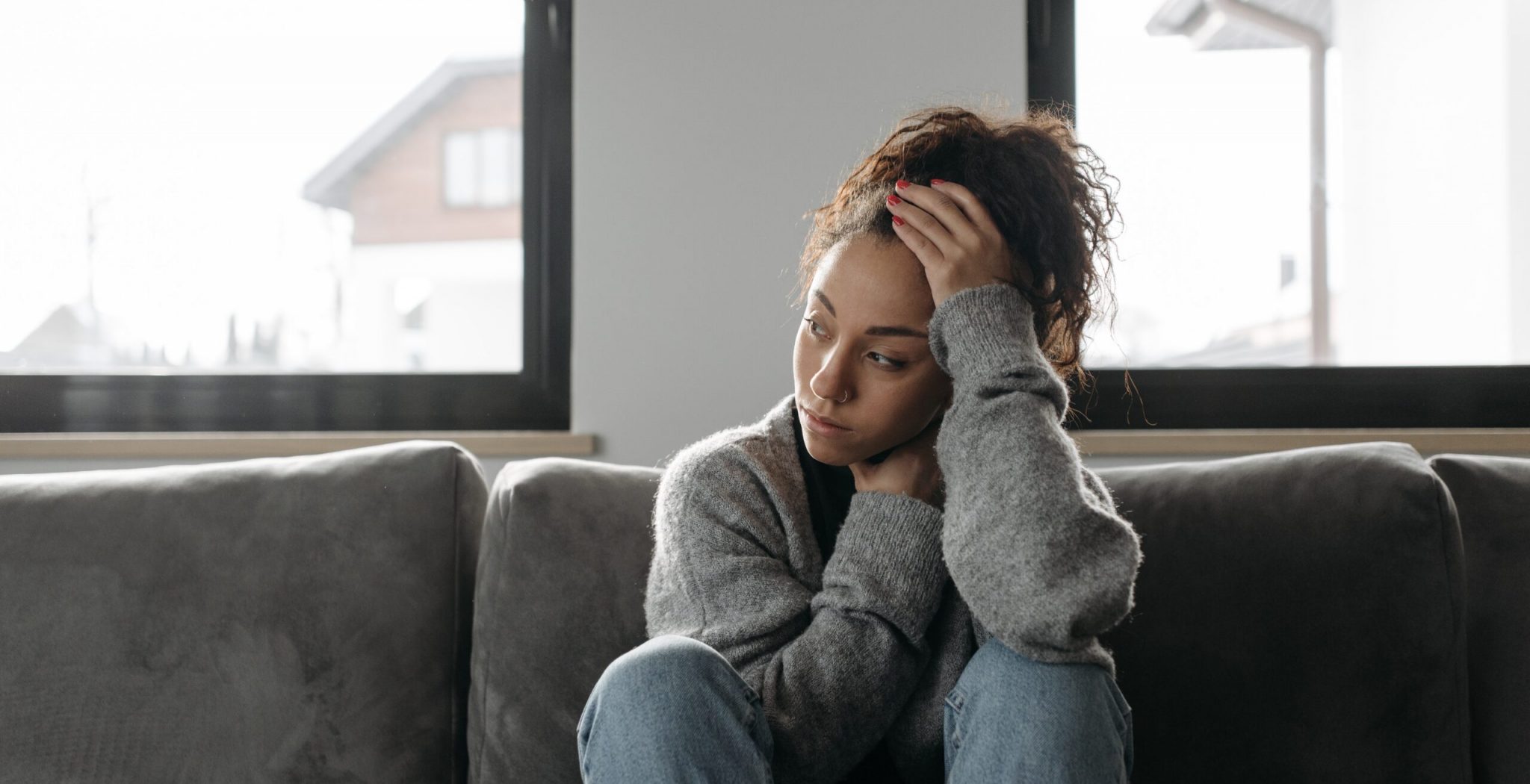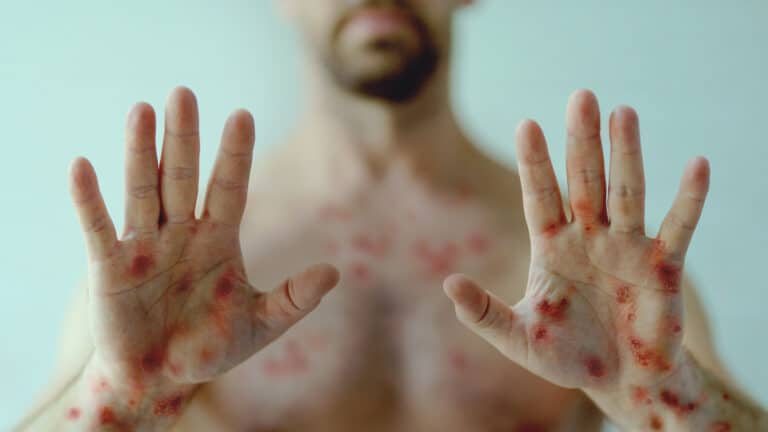Many people view mental health issues as occurring by themselves. However, it isn’t unusual to find patients with co-occurring conditions or multiple mental health disorders that appear in a single person. ADHD and bipolar disorder is one common set of co-occurring conditions.
This co-occurring disorder requires treatment for the patient to lead a normal life. Learn more about ADHD and bipolar disorder as co-occurring conditions.
What Is ADHD?
When a person thinks of attention deficit and hyperactivity disorder (ADHD), they generally envision a child who is unable to sit still and pay attention in class. While ADHD is a neurodevelopmental disorder that usually begins to appear in childhood, it’s a condition that follows the patient throughout their life.
Most of the time, ADHD is first diagnosed and treated in childhood. The course of treatment and medications used change, as the child moves into adulthood. While doctors and mental health professionals can treat ADHD, and the patient can live a fulfilling life, there isn’t a cure for this condition.
Lack of focus and struggles with concentration, poor impulse control, and hyperactivity most commonly appear in the child. These struggles continue throughout the patient’s life.
What Is Bipolar Disorder?
Bipolar disorder is a mood disorder that’s categorized as having wild mood swings from one extreme to the other. The patient might display deep depression or manic highs, and they can also alternate between the two moods. While this is similar to depression, it’s the addition of the manic states that makes it unique.
The periods of lows and highs can last anywhere from a few days to a few months at a time. During periods of depression, the patient might experience suicidal thoughts and may even act on them.
Bipolar disorder causes aren’t known, but scientists believe it’s a combination of environment, altered brain chemistry, and genetics. Bipolar symptoms usually begin to appear in the late teens and early adult years. This condition doesn’t have a cure, but it is treatable through therapy and medication.
What Is a Co-Occurring Diagnosis?
Sometimes, a patient struggles with more than a single mental health issue, and it might be that one mental health issue is an underlying cause of another. When this happens, the patient receives a co-occurring diagnosis for both disorders.
According to the Substance Abuse and Mental Health Services Administration (SAMHSA), more than nine million patients in the United States are diagnosed with co-occurring disorders. In some cases, the co-occurring diagnosis includes some form of substance abuse although other combined disorders occur.
It’s essential that a person with a co-occurring diagnosis receive treatment for both disorders. When medication is used to treat one or both of the disorders, doctors must take extra precautions to ensure there aren’t any unwanted side effects from the required meds.
Signs and Symptoms of ADHD
A doctor or mental health professional must make the diagnosis of ADHD. However, the patient must first recognize the signs and symptoms to seek help and the correct diagnosis and treatment. While the exact number of signs and symptoms vary from one person to the next, some of the most common includes:
- Forgetfulness
- Often loses items
- Finds it hard to resist temptations
- Struggles in relationships with authority as well as their peer group
- Talks to the point of excess
- Make frequent, avoidable mistakes
- Enjoy a lot of time daydreaming
- Doesn’t take turns well
- Inability to sit for a long period of time without squirming or fidgeting in their chair
- Takes frequent risks
While this list is comprehensive, some patients or their families might notice other symptoms, which should be discussed with their doctor and mental health professional.
Signs and Symptoms of Bipolar Disorder
To receive a diagnosis of bipolar disorder, the patient must be evaluated by a mental health professional and a doctor. It’s possible that a patient might be diagnosed with depression, and the diagnosis of bipolar disorder only comes after a manic episode. It’s essential that a patient discuss all of their symptoms with professionals, and some of these might include:
- Lack of energy
- Low self-esteem
- Feelings of sadness and hopelessness
- Irritability
- Little interest in normal daily activities
- Always tired and long periods of sleep
- Hard time concentrating and focusing
- Loss of appetite
- Euphoria
- Long periods with little sleep or need for sleep
- Excessive feeling of well-being and energy
- Easily distracted and unable to focus
- Takes excessive risks and chances
- Inability to understand personal limits
These signs and symptoms overlap with a few conditions, which makes it essential to seek help from a doctor and mental health professional.
Common Treatments for ADHD and Bipolar Disorder
Treating both ADHD and bipolar as part of a co-occurring diagnosis is a careful balancing act for doctors and mental health professionals. Limited studies have shown the most common medications for ADHD can lead to manic episodes, making it essential that the doctor monitors the patient closely.
Most doctors will manage the manic symptoms first before attempting to treat the ADHD symptoms with medication. The patient and their family — if the patient is a child or teenager — might work with a therapist to develop ways for the patient to overcome both symptoms of depression and ADHD.
How to Get Help
A diagnosis of a co-occurring disorder with bipolar disorder and ADHD requires a doctor. The doctor and other mental health professionals will evaluate the patient and their behavior. It’s important that the patient provide a comprehensive list of symptoms even if they seem insignificant.
At this time, the doctor might prescribe certain medications to determine their effectiveness. In some cases, the medication might need to be adjusted when results aren’t met or side effects appear. The doctor may send the patient and their family for therapy to help control some associated behaviors.
ADHD and Bipolar Disorder Treatment
The Southern California Sunrise Recovery Center Mental Health team can help patients with their diagnoses and adjustment to any required medication. Our team can help patients who are diagnosed with co-occurring ADHD and bipolar along with many mental health issues. Contact us today to learn more.






